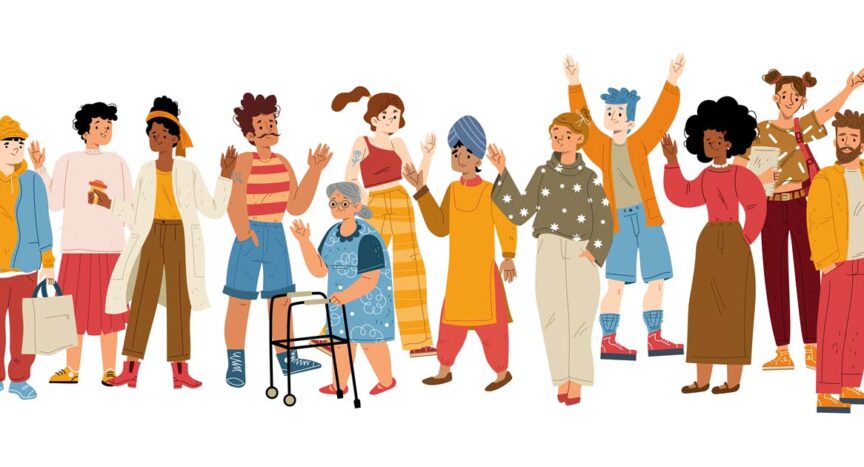By Tom Bridges
June 2005
Another one of those cultural differences between the north of the border crowd and folk who live on this side of the Rio Bravo is family. I often hear the lament about how some guy would be really interested in a particular lady if it weren’t for the fact that he would have to marry her entire family. The family is, without doubt, glad he thinks that way and the girl will be. But the question about the difference in how the two cultures view family still begs an audience.
Perhaps the best way to introduce the Latin concept of family is with the word “soy”. “Soy” is Spanish for I am. It differs from the word “estoy”, which also means I am in that soy is unchanging and estoy refers to a temporary condition. Therefore you would say “soy Hernandez” to mean that you are (unchangingly) of the family Hernandez but you would say “estoy bien” to mean that you are (at least for this moment) well. In Spanish you never say, for instance, “estoy de Jalisco” (I am temporarily from Jalisco). You say “soy de Jalisco” (I am [always and forever] from Jalisco).
English speakers have no similar linguistic constant reminder of who they are and where they come from. It isn’t any wonder, then, that we have some degree of difficulty in understanding the importance of family in the way it is viewed in this culture.
To say “I am Juan Alvaro Perez Martinez from Tizapan de Alto in Jalisco, Mexico” is to state exactly where you originate, who your father was, who your mother was and who you are. This type of statement has no equal in English. Moreover, to say that you are unchangingly all of the above is barely possible in English and certainly not a common statement. Yet, in Spanish, any child old enough to say his name can and does make that statement and will for the rest of his life. Is it any wonder then that family is an important part of the Mexican culture?
Now then, let’s say that a few years back José and Maria got married and had 10 children. As the children got older then José and Maria asked other members of the community to be the god parents of the children at baptism, first communion, marriage, and, for a girl her 15-year-old birthday/coming of age party. In this society being a god parent is akin to being made part of the family. In this hypothetical family we can see up to 80 additional family members in the first generation alone. A family of this size does not represent a dysfunctional group of people with dissimilar interests but rather an economic and political block of some influence. By the time the grandchildren and great grandchildren come along Jose and Maria can have an awful lot of clout in the community.
Enter we English-speaking, unaware of who we are and where we come from, gringos. We hire maids, gardeners, masons, auto mechanics, and electricians. We buy from hardware stores, groceries, restaurants and butcher shops. Are we aware of who is related to whom? Noooo. Are we aware that by the time we arrive our reputation hath proceeded us? Noooo. Do we think it matters? Noooo. Do we stomp all over José and Maria’s 4-generation block of manners and mores? What do you think? Do we honor that family? The truth is that we aren’t even aware it exists.
Is it any wonder that Mexicans are nice to us but don’t let us become close friends? We don’t possess the tools to be able to function as a friend in such an extended family.
Are the Mexican people warm? Of course they are. They know who they are and where they come from and that cannot change. They can bask forever in the comfort of perhaps several thousand direct and extended family members who are [always and forever] part of their safety net.
So, to that guy who is contemplating that certain lady, if you can become part of the family, count it as an honor. If the family will have you, you will have the family. If you stand on the outside looking in you will always be a lonely stranger. Is that what you want?

